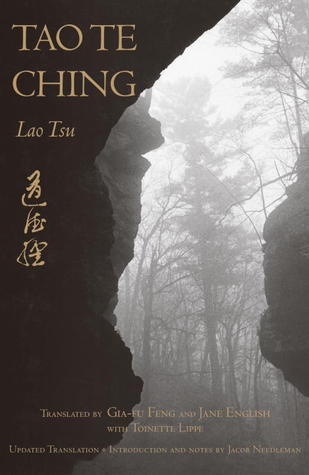
The Art of War
Book Description
Master the battlefield without raising a sword. "The Art of War" unveils timeless strategies that echo through history, dissecting the intricate dance of conflict and strategy. Sun Tzu's profound insights reveal how deception can triumph over brute strength, how adaptability can turn the tide of fate, and how knowledge of oneself and the enemy creates an unstoppable force. This is not just a manual for warfare; it's a guide to achieving victory in any competitive arena, from business to personal disputes. Are you ready to seize your destiny and emerge victorious in the game of life?
Quick Book Summary
"The Art of War" by Sun Tzu is an ancient Chinese military treatise offering a profound guide to strategy, leadership, and conflict. Its lessons transcend warfare, providing insight into diplomacy, negotiation, business, and personal development. Sun Tzu emphasizes the importance of knowing both oneself and the enemy, meticulous preparation, and adaptability. The book advocates for winning without fighting, leveraging deception, and capitalizing on opportunities while avoiding direct confrontation when possible. Avoiding unnecessary conflict, using intelligence and flexibility, and aligning actions with circumstances are emphasized throughout. Entrepreneurs, politicians, military leaders, and anyone facing competition can apply its teachings to navigate challenges, outmaneuver opponents, and achieve outcomes with minimal loss and effort.
Summary of Key Ideas
Table of Contents
Winning Without Conflict
Sun Tzu’s central teaching is the idea that the best victories are those obtained without fighting. He urges leaders to achieve their goals by using intellect and strategy rather than brute force. The concept of winning without direct confrontation involves undermining enemies’ alliances, sowing confusion, and exploiting their weaknesses. By making the enemy expend effort needlessly, a wise leader triumphs with minimal cost and risk, conserving resources and maintaining stability for all parties involved.
The Value of Preparation and Intelligence
Preparation is paramount in Sun Tzu’s philosophy. He repeatedly stresses the importance of intelligence — knowing both oneself and the opponent. Gathering information, understanding terrain, morale, and timing are critical factors in conflict resolution. The strategic use of scouts, spies, and reconnaissance is highlighted as vital. Preparation goes beyond mere logistics; it involves cultivating awareness and foresight so surprise and miscalculation are minimized, rendering the leader ready for any development.
Adaptability and Flexibility
Adaptability is crucial according to Sun Tzu. The ability to alter plans based on shifting circumstances distinguishes effective leaders. Sun Tzu likens successful strategy to water, which adapts its course based on terrain. Rigid plans lead to defeat, while flexibility enables one to respond effectively to changing situations. This approach ensures that a leader can seize opportunities, shift resources, and maintain the upper hand, no matter how the environment evolves.
Deception and the Use of Misdirection
Another central theme is deception and misdirection. Sun Tzu proclaims that all warfare is based on deception. By misleading opponents about one’s intentions, strength, and resources, a leader can lure them into error. Feigning weakness, exploiting misinformation, and disguising true objectives are powerful tools that can destabilize opponents and tip the scales in one’s favor.
Leadership and Morale
Effective leadership and morale are inseparable from Sun Tzu’s framework. He emphasizes the importance of maintaining discipline, trust, and unity among troops or collaborators. A leader must understand human psychology, motivate their followers, and foster cohesion. Compassion balanced with authority and responsiveness to both victories and setbacks are essential traits for inspiring commitment and ensuring collective effort towards victory.
Download This Summary
Get a free PDF of this summary instantly — no email required.





